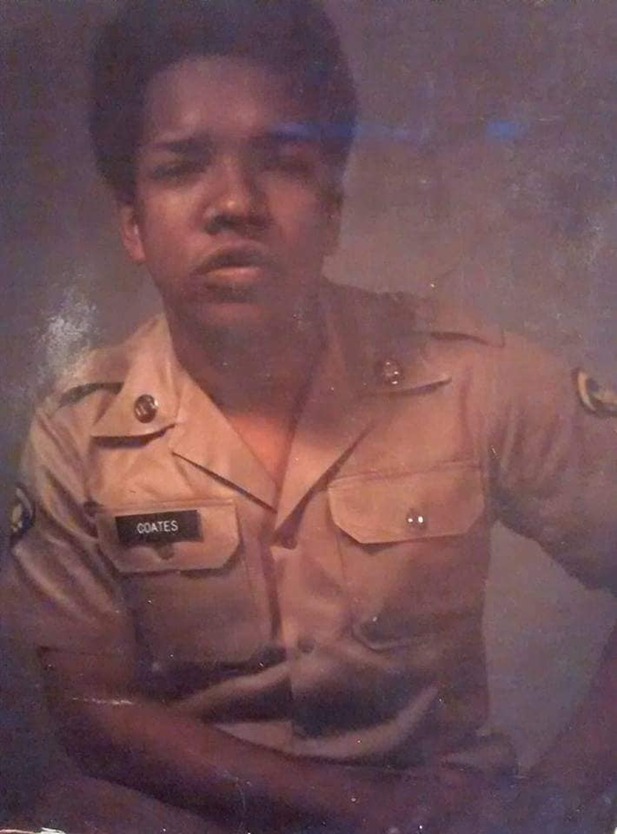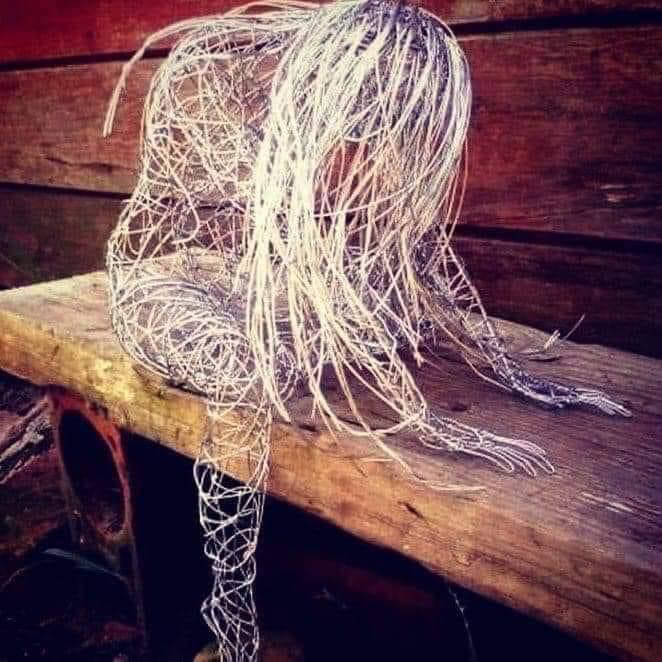Vietnam Memorial Remembrance – doing something right even when it is considered wrong.
One of the realities of time is that the more you
experience, the more you remember or try to forget. But forgetting does not
work, at least not for me; it just delays the moments that will surely come. So
as I think about those events, some six decades ago, that forever changed my
life -I still wonder what my life would have been like had I made different
choices. Ok, what the hell? Let's talk about that time, those choices, and how
they dramatically shifted my trajectory.
I was living at home and commuting to the local college S.I.U.
– Edwardsville (which at the time was a brand-new university) was just built
about 30 miles down the road. So even though I was attending, I never left
home. This meant that I continually saw my high school buddies leave for the
military and all too often come back -f**Ked up, traumatized, or even worse,
dead. Each cycle hit me harder and closer to home. I recall sitting in a sophomore
class on Existential Philosophy, and somehow, we began a conversation about why
things happen. The conversation drifted, and we discussed the Vietnam War
before we knew it. And the professor gave his reasons why this war, and
essentially all wars, were evil, manipulative, and counter to the basic principles
of humanity. The Temptation's recent cut "War, what is it Good for
-Absolutely nothing" went through my head. Yet I could not get past the
sight of my friends being shipped off and the guilt that I could avoid it, hiding
here in this haven called college.
I could not get the thought out of my mind; another kid from
the hood was also in the class. And we began to challenge the professor. If war
was all bad, then why were we constantly fighting them? If war was bad, why did
we celebrate them at every turn? And the clincher -this was an existential
class nonetheless – On what basis do you make your claims? Which war did you
serve in? -Silence. The professor
admitted that he had never served; no one in his family had ever served. He was
basing his conclusion on what he had read, what he had heard, and what he
believed. Naively, my buddy and I began to challenge the professor. Well damn,
if our experiences shaped those realities, these experiences should be the
basis of our truths. You could not condemn something that you have not
experienced.
And there we were, at an existential moment. We looked at
each other, stood up, and walked out of the class. In the hallway, we began to
talk about Jimmy, who had just come home in a casket, and we decided then that we
had to do something. Guild is a mother, so we went to the local Army
recruiting office and signed up -he for three and I for four years. What the
hell? We bought the whole recruiting song and dance -hook, line, and sinker. We
were off to Fort Leonard Wood, Missouri for basic training within a month. We
were duly certified as Army eight weeks later, tough but unskilled. Henry, my
hometown buddy, would go to artillery school, and I went off to the Army
Security Agency and learned to become a Morse intercept operator. Strangely
enough, as life turned out, Henry and I were sent to Nam -he went to Da Nang
and I to Hue, but we lost contact shortly after coming to the country.
In the country, I did what I had been trained to do. Our
whole unit was assigned to intercept and track Viet Cong military movements and
activity. We did our job well, receiving several unit-level recommendations. But
we also learned many things we did not know in the States. For example, we
began to learn that the leader of the North Vietnamese forces was Ho Chi Minh. While
criticized for being a communist, our whole reason for being in Nam was to halt
the spread of communism. However, we learned that this was not the total truth. Ho Chi Minh had risen to power in the country's rebellion against
the French and their colonial control of the country. Ho Chi Minh was a fan of George
Washington and the story of the American Revolution. Strangely, as the French had
trouble holding on to their colony, we stepped in -to help. Our help increased
over time, and the French left. But we doubled down and sent even more troops
to control what was, for the Vietnamese, a liberation struggle. We, the U.S.,
were the imperialist.
Learning this changed everything. But what were we to do? We
did what any naive, immature, and idealistic kid would do -we decided we no
longer wanted to aid Uncle Sam. We decided to go on strike. Now you are probably
wondering what a group of kids do, whose main job is to track V.C. communications
go on strike, and what good would it do. Without our intel, Command could not
know where and when the V.C. moved, their activities, and the like. Our going
on strike, and our entire unit universally upheld this strike, meant that
Command was essentially blind.
And they were pissed. We read the "riot act." Told
that if we did not immediately return to our duties, we would be
court-marshaled and possibly even put to death as traitors. We
stood firm, declaring that we were conscious objectors and we would not
continue to work in support of this war. The Army did what the Army does when
faced with a dilemma -a whole unit that was insubordinate and willfully
disobeying orders -after the threats, they broke up the unit sending us all
over the world. We even got promoted, and I got sent back to the States. My
objector status was elevated as I joined others in the Vietnam Veterans Against
the War.
We did not avoid the PTSD of war, we did not avoid the confusion
of being thrust into an America that was deeply divided over the war, and we
did not avoid being blamed and criticized by our fellow citizens for our part
in this war. Strangely, even though I was among a small group that had put everything
on the line to object to this war, my fellow citizens rarely gave us a chance
to explain this. Returning to school, ultimately completing and becoming a
professor -did little to shield me from the blame. And so, for years, I chose
to try to forget -but forgetting is not possible; it only delays the memories.
And so, this season, I prefer to remember that we did something right, even though
the war was wrong.




Comments
Post a Comment